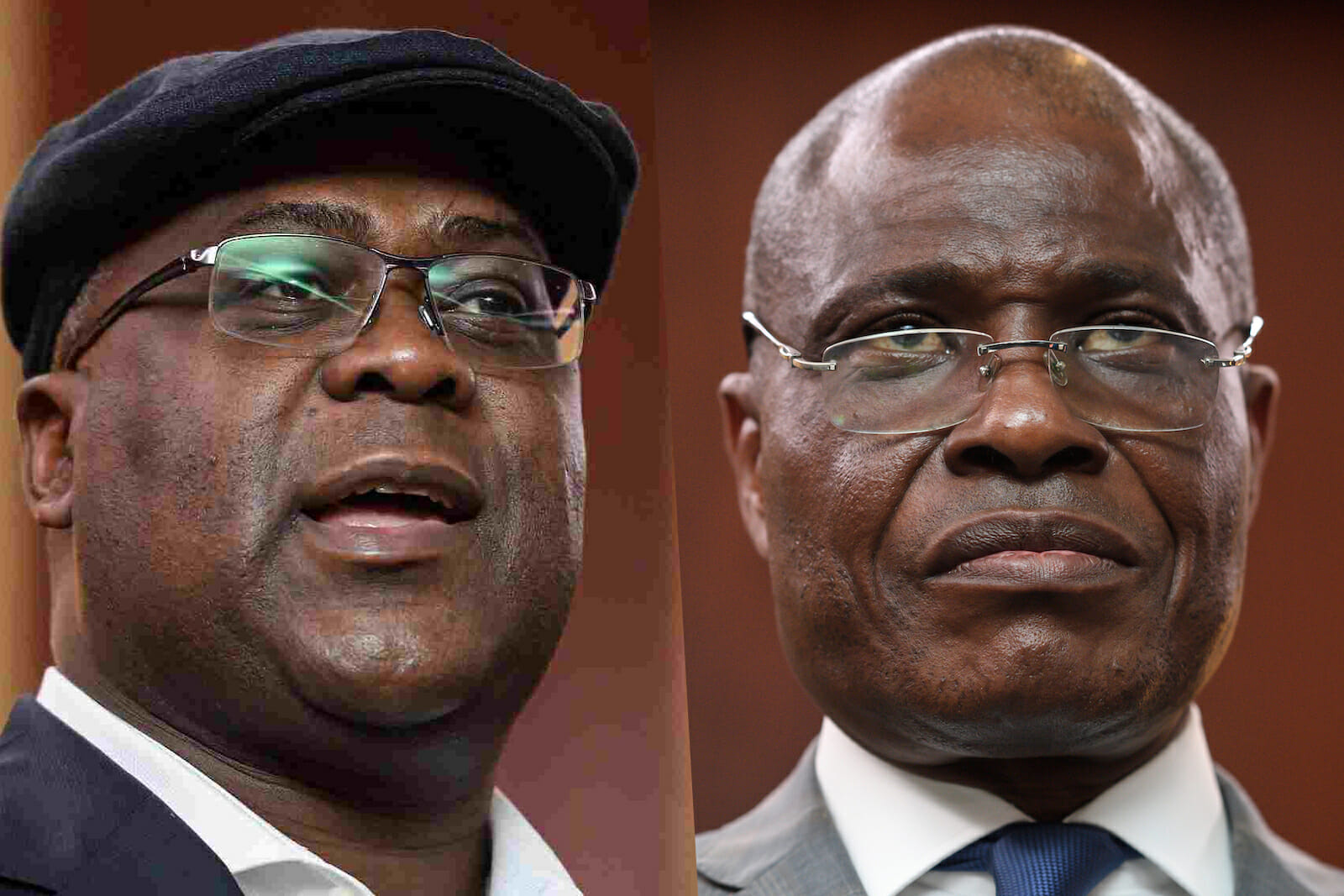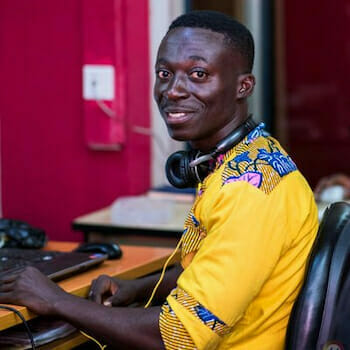
Democratic Republic of Congo Must Reject Power-Sharing Calls, it is anti-Democratic
There are already suggestions for a power-sharing deal in the Democratic Republic of Congo after the controversial December 30th poll. But much as an inclusive government is seen as a post-election conflict management mechanism, it has only succeeded in producing a second-hand democracy in Africa.
Since the start of multiparty democracy in Africa in the 1990s, the outcome has been a mixed one. While some countries are conscientiously putting in place effective democratic structures that would stand the test of time, a disappointing majority is gladly destroying inroads made by their predecessors. But this result is attributable to two factors – one-party politics and power-sharing agreements – that continue to threaten democracy on the continent.
Though the latter has largely been employed in troubled countries, it has contributed to the emboldening of miscreants and insurgents on the continent and added another package – top roles in national government – to their spoils of war list.
There have been three unity governments in Africa – Zimbabwe, Zanzibar, and Madagascar – after the Kenyan precedent in February 2008. The Democratic Republic of Congo would be part of the statistics if its political leaders cave in under the pressure from the international community to agree to a power-sharing deal, following the disputed election results.
Already, the Southern Africa Development Community (SADC) has advocated a unity government to end the political impasse triggered by the announcement of the poll results. The DRC’s National Electoral Commission (Ceni) has declared the opposition presidential candidate, Felix Tshisekedi, as the winner of the December 30th election, with 7 million votes. His closest contender, Martin Fayulu polled 6.4 million votes, followed by Emmanuel Shadary of the ruling coalition with 4.4 million votes. The turnout was reported to be 48 percent, a record low in a country with an electorate of nearly 40 million.
But the poll, which was to elect a successor to Joseph Kabila after his 18 years of rule, has spawned pockets of violence in the southern African country. The influential and controversial Catholic Church in the DRC has disputed the figures, claiming the data contradicts the one generated by its 40,000 election monitors deployed across the country.
There is the need to restore peace and protect lives and properties in the country. To this end, the Southern Africa regional body has made a quick intervention, informed by the Kenyan incident which led to the death of over 1,000 people, by calling for a unity government to be formed.
Zambian president and chairman of SADC’s Politics, Defence and Security Department, Edgar Lungu, has urged the contending candidates – Tshisekedi and Fayulu – to accept a power-sharing agreement.
Backing the call, South Africa’s Foreign Minister, Lindiwe Sisulu, has explained a unity government could prove to be the only acceptable compromise for peace in the country. But she, however, cautioned against pre-empting the legal processes in the DRC. Already, Mr. Fayulu’s challenge of the results following an appeal has been rejected by the Constitutional Court which upheld the victory of Mr. Tshisekedi.
This should be welcome news to Africans and the international community. Elections on the continent must either produce an outright winner or a tie, which must be resolved through a rerun of the poll between any two leading candidates. It should never be the case that an election in Africa has been incapable of producing a winner.
This conundrum that is fast becoming a function of Africa’s democracy must not be countenanced. It’s un-African. It does not belong to this continent, rather its rightful place is fiction.
This explains the call on the political leaders of the Democratic Republic of Congo to reject any form of unity government over the supposed lack of an elected president. From both the declaration of the Electoral Commission and the Constitutional Court’s ruling, Mr. Tshisekedi appears to be the winner of the presidential poll, despite some reservations. Until proven otherwise, Mr. Fayulu, the Catholic Church, their supporters and the SADC must all accept the verdict of the people.
But calls for unity governments after controversial polls have served to incentivize anti-democratic behaviours that undermine effective democratic structures. Africans must not sign up to a compromised democracy just to satisfy the capricious demands of a selfish few.
As rightfully noted by Simon Tisdall, power sharing is threatening to become the new coups on the continent and I believe if not stopped it could place the skewed interests of rebel groups, autocrats and incumbents over that of their people. This one dangerous, short-sighted precedent set by Kenya is fast gaining a foothold.
Africa must not just make progress in the area of democracy. It must be seen to be putting in place effective democratic structures that would serve as a bulwark against anti-democratic behaviours. The African Union (AU), Economic Community of West African States (ECOWAS), East African Community (EAC) and the SADC must work toward this end. They should strive to inoculate Africans against any leader who would try to lower the standard of governance in his or her country.
Africans equally deserve the peace, freedom, and respect enjoyed by citizens in the developed countries in Europe and America. They’re not more human than we. Give us a standard and not a second-hand democracy.

